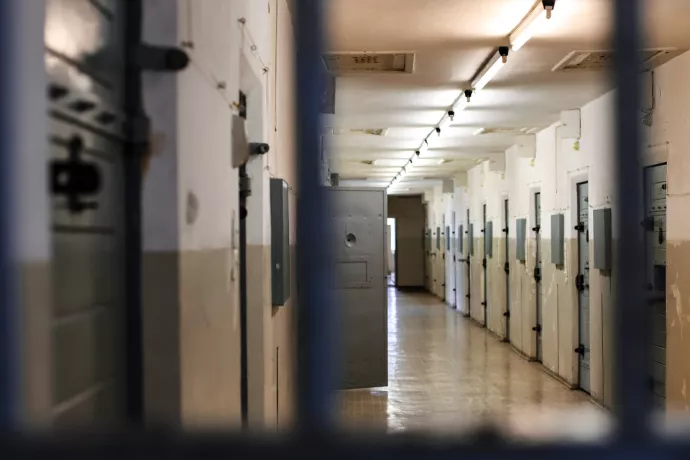Pandemic in Prison: A strike at Rikers Island highlights rights issues for incarcerated workers

New York’s Rikers Island prison complex is infamous for documented incidents of violence and abuse. Now, 52 prisoners and guards have tested positive for COVID-19, making life even more dangerous for those who live and work there.
The development has prompted a strike by incarcerated workers at the prison who are protesting what they say are unsafe working conditions that leave them vulnerable to catching and spreading the virus.
U of T Mississauga sociologist Philip Goodman studies prison labour, including farm labour of Canada’s agricultural prison system and state use of prisoners to fight wildfires in California.
According to Goodman, the strike at Rikers highlights the lack of rights for incarcerated workers, and offers a chance for correctional facilities to implement changes to help prevent overcrowded conditions in the future.
“This could provide the chance to make changes that previously have been politically difficult,” Goodman says.
There are 10,000 people living within the 10 city-run correctional and mental health facilities on Rikers Island, where the population includes offenders serving year-long or intermittent weekend sentences, and those awaiting trial or transfer to another facility. A further 10,500 people are employed in security and civilian duties.
“Most incarcerated folks within the system are doing some kind of work, mainly in day-to-day institutional upkeep jobs,” says Goodman. Incarcerated workers prepare and serve meals in the commissary, perform janitorial and maintenance duties, deliver packages and run the prison laundry service.
The notoriously overcrowded environment offers no opportunity for physical distancing which, according to Goodman, leaves Rikers and other prisons like it primed for rapid spread of the virus between inmates, guards and civilian employees.
“This situation underlines that prisons are places where it is next to impossible to manage this the spread of an infectious illness,” says Goodman.
According to Goodman the COVID-19 pandemic could help make the case for incarcerated workers to demand better working conditions and better personal safety protections.
“We tend not to see incarcerated people doing those jobs as workers,” he says. “They have fewer legal protections and may not be paid for what they do because they're incarcerated.
“Right now there’s a danger of not being able to have a clean and sanitized place to live and work. Incarcerated workers are definitely at heightened risk.
“They are indisputably working, whether we call it work or not. It’s important to recognize that their work is valuable to allowing the institutions to exist in the way they do.
“The workers benefit, and society benefits, from them being as safe and healthy as possible.”
Rikers isn’t the only prison susceptible to COVID-19 concerns. Prisoners have rioted in Italian prisons, and there has been recent confirmation of COVID-19 cases in an Ontario remand centre.
Goodman notes that authorities at Rikers and other facilities are starting to release offenders convicted of lower level crimes, serving intermittent sentences, or those awaiting trial.
“From a public health standpoint, we don’t want people churning through the system,” he says. “It’s better to shrink the population and give those who are still there as much protection as possible.
“This situation creates a conversation about how can we have fewer people incarcerated and or for shorter periods of time.”
Read more:
Down on the Farm: UTM prof on the closure of Canada’s prison farms



